Hiring a DEI Consultant: 5 Questions to Ask
Organizations, both large and small, are engaging DEI consultants as a way to more meaningfully demonstrate their commitment to equity and belonging work. Unconscious bias training, DEI audits, pay equity studies, and more comprehensive strategic consulting are important tools in a DEI leader’s toolkit.
However, as the business case has become more self-evident, leaders and individual contributors have begun to expect that this work is a part of their professional development. They’ve come to realize that more than audits, affinity groups, or 101-level training on microaggressions or unconscious bias, it is leaders’ behaviors that will have the most direct and long-lasting impact on the organization’s culture.
Sustainable culture change is what we are after at Greatheart Consulting, and we do this by focusing on strategic capacity building. We develop leaders’ behaviors to establish relationships of trust and accountability across any difference because those personal relationships can ultimately lead to systemic culture change and more equitable outcomes.
If you are a leader charged with finding a DEI consultancy to support your work, here are five questions you’ve got to ask:
How do we sustain this culture transformation work once you’ve gone?
Organizational accountability necessitates that your organization’s leaders are equipped to sustain culture change once DEI consultants have left the building. While plenty of excellent level-setting training sessions are available, your leaders must sustain this work beyond the classroom walls. A truly effective culture and systems change initiative must be proactive and avoid what can sometimes resemble ambulance chasing—responding to the latest controversy with a new DEI initiative. This is why we focus on empowering inclusive leaders with behaviors they can utilize to build relationships of trust and accountability with their colleagues, direct reports, and other stakeholders.
Organizationally, leaders at every level are expected to apply inclusive leadership to their areas of responsibility. This means that Executives are thinking holistically about their inclusive leadership and applying their learning to the people and strategy that they are responsible for, that mid-level managers see the impact they can have on their teams’ culture, and that individual contributors use their expertise and influence to challenge the teams they support.
How do we measure the impact of this work?
We are in a golden age of data collection and utilization—even in DEI work. If you do this work well, the benefits will permeate every aspect of the organization. Innovation and production, talent attraction and retention, and belonging and engagement will increase as the culture shifts towards greater inclusion. However, because the benefits are largely cultural and have the potential to affect every activity and function of the organization, it can be difficult to quantify the impact.
This is why we’ve developed the Inclusive Leaders Assessment (ILA) and our Inclusive Culture Survey (ICS). The ILA helps measure participants’ growth as inclusive leaders by focusing on core inclusive leader behaviors that drive intent vs impact gaps. The ICS is an employee engagement survey designed to replace classic engagement surveys that center belonging, psychological safety/standing, and job satisfaction, among others, as key factors in sustaining an inclusive culture. Aggregating reports for both instruments help DEI leaders and other stakeholders identify key organizational strengths to leverage and opportunities for growth that they need to focus their leaders on. Your DEI consultant must have a way to collect and share data that can be acted upon at both the individual and organizational levels.
Will this work be effective for leaders and influencers at all levels of leadership?
DEI consultants need to have a way to engage with leaders across the organization. Regardless of race, gender, seniority, or any other aspect of identity, all leaders have opportunities to lead more inclusively. Executives need to do this work because they directly influence the vision, strategy, and systems that dictate the organization’s direction.
More importantly, they are not immune from making mistakes when it comes to bias, racism, and other equity issues, and it would be hypocritical of them to “sit this one out” but expect the work of the rest of the organization. Middle managers do this work because they are responsible for micro-cultures across the organization and will hopefully lead the organization as senior executives someday.
Finally, individual contributors are often subject-matter experts who work cross-functionally and deeply influence the teams and projects they support. They, too, are culture influencers, mentors, and advocates for greater equity, belonging, and inclusion.
How will you talk about privilege with our leaders? Are you prepared to engage cultures of both advantages and disadvantages?
The effective management of privilege and power is central to inclusive leadership work. If the work is done properly, these conversations will surface and need to be dealt with. Regardless of their identity points, senior leaders often benefit from some advantage and must be prepared to discuss it honestly. Those with compounding advantage need to be a part of effective conversations on how to account for that advantage and make sure they use their power and privilege to influence the systems and culture they are responsible for. Those experiencing disadvantage may have serious and justifiable doubts about the merits, integrity, and goals of a significant DEI investment. And yet, they, too, have to be a part of this important conversation for it to take root within the organization.
We see more deflection and emotional response when leaders are faced with conversations around privilege than any other. Some would correctly identify it as fragility, the trouble is that we’ve too often seen it be an obstacle to constructive change. We came up with this graphic to explore how all of us experience some measure of advantage and disadvantage and try to curtail the deflection just a bit.
What’s the strategic connection to doing this work?
We’ll talk briefly about the business case and value for DEI work if needed, but if it’s not apparent to your leaders, they may be happiest continuing to keep their heads buried in the sand. If that’s the case, you may not be ready for a meaningful engagement with a DEI consultant.
However, we're ready to talk if your leaders are open and ready to think critically about how a more inclusive culture can be great for business. The beauty of this work is that it’s infinitely and uniquely applicable. CMOs will use a growing inclusive perspective to think more creatively about ways to market and develop products for underserved populations. CHROs will think about talent retention, attraction, and engagement more holistically. CTOs will apply this learning to the emerging problems their technologies and platforms seek to help clients solve. And CEOs will understand that they are, in effect, Chief Diversity and Culture Officers in their own right—this is work that cannot be delegated.
There are dozens of organizations doing this work effectively, and we’re proud to be amongst them. Each is differentiated in some ways that might make them the best fit for your organization. We try to come alongside organizations and their cultures, meeting them where they are and mirroring the kinds of behaviors that we expect of the inclusive leaders we help develop. We wish you luck in your search and applaud your commitment to creating cultures of greater inclusion and belonging.


